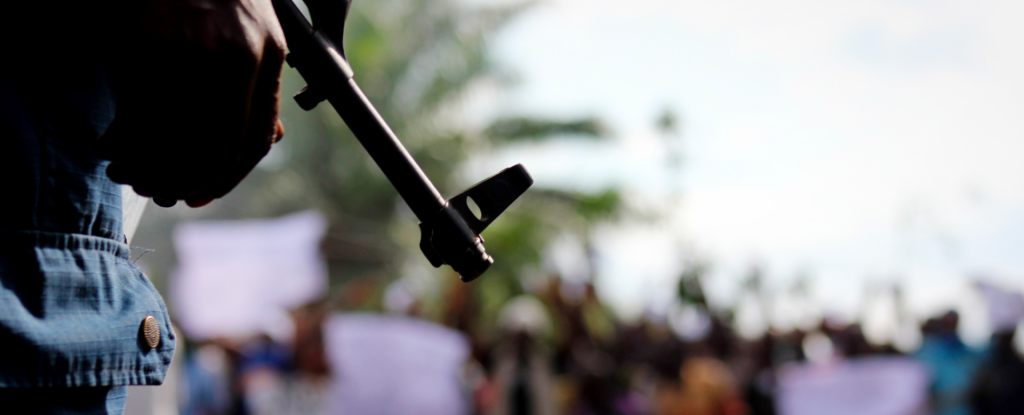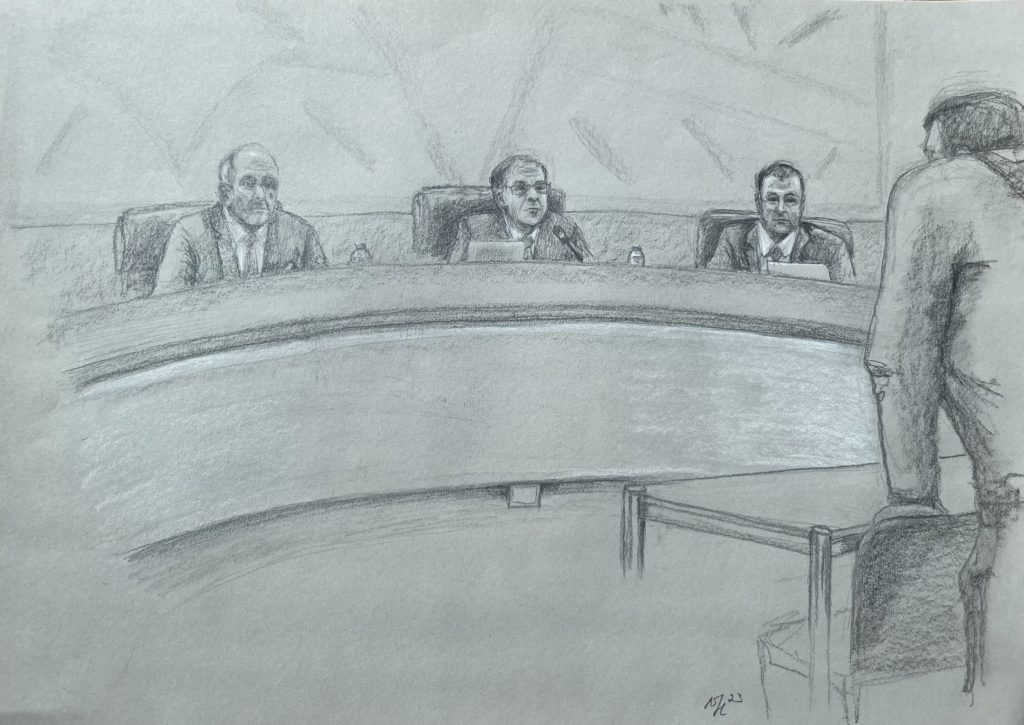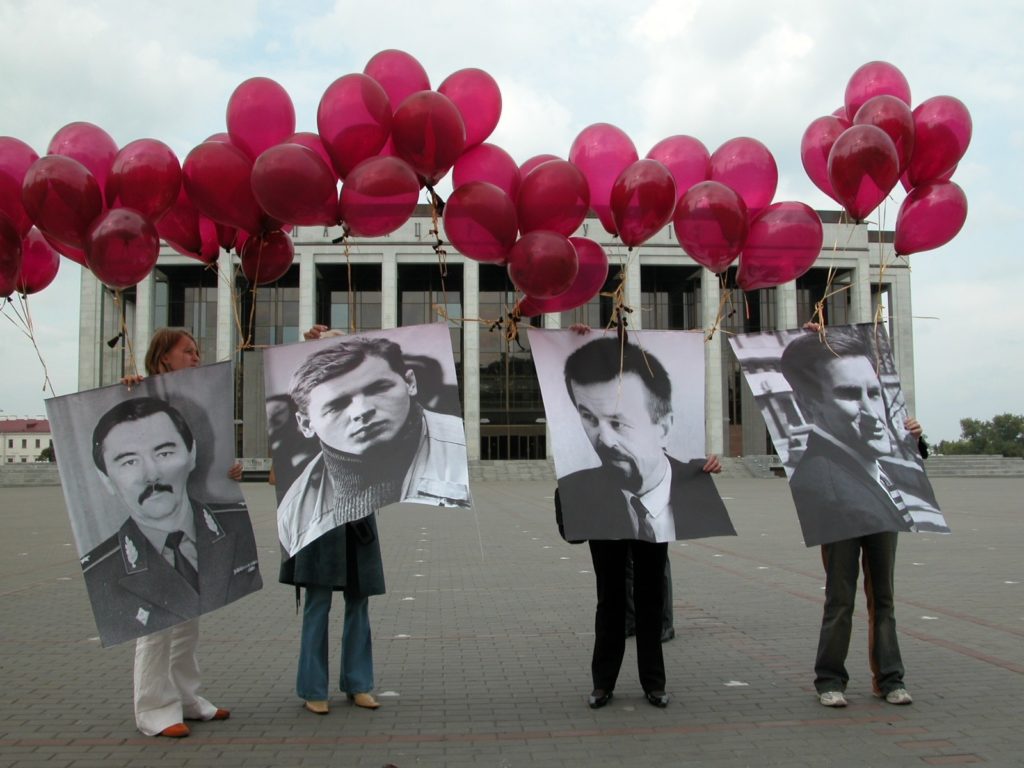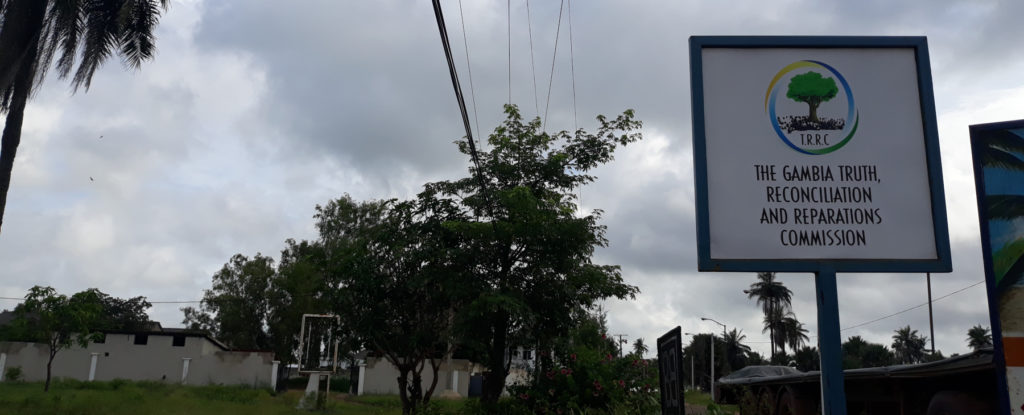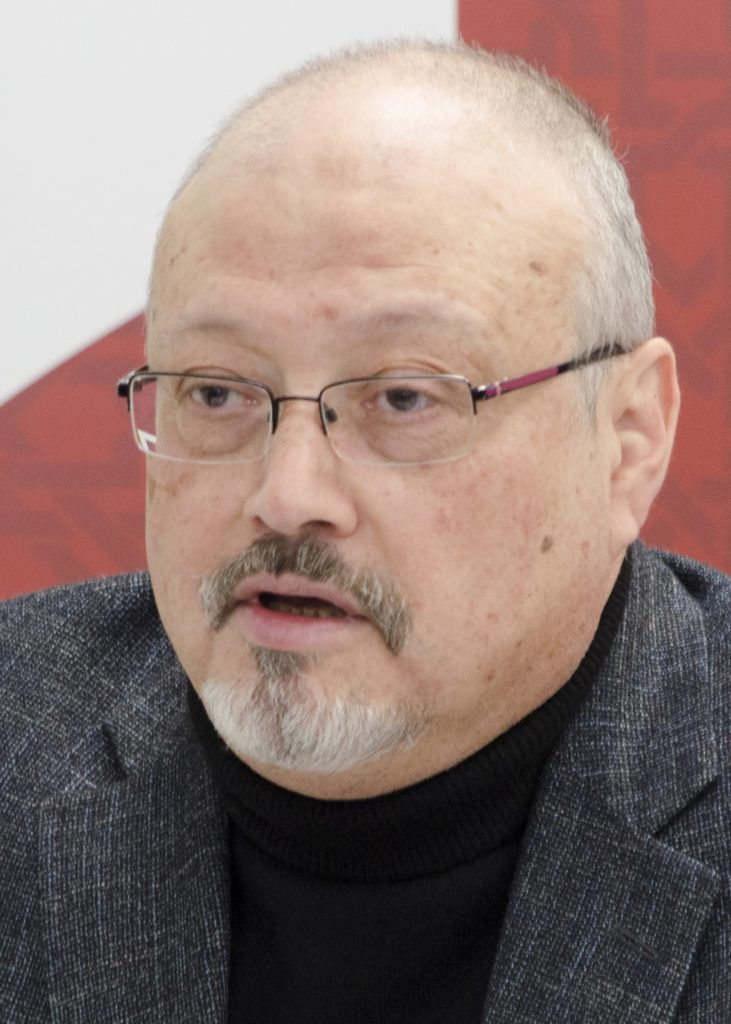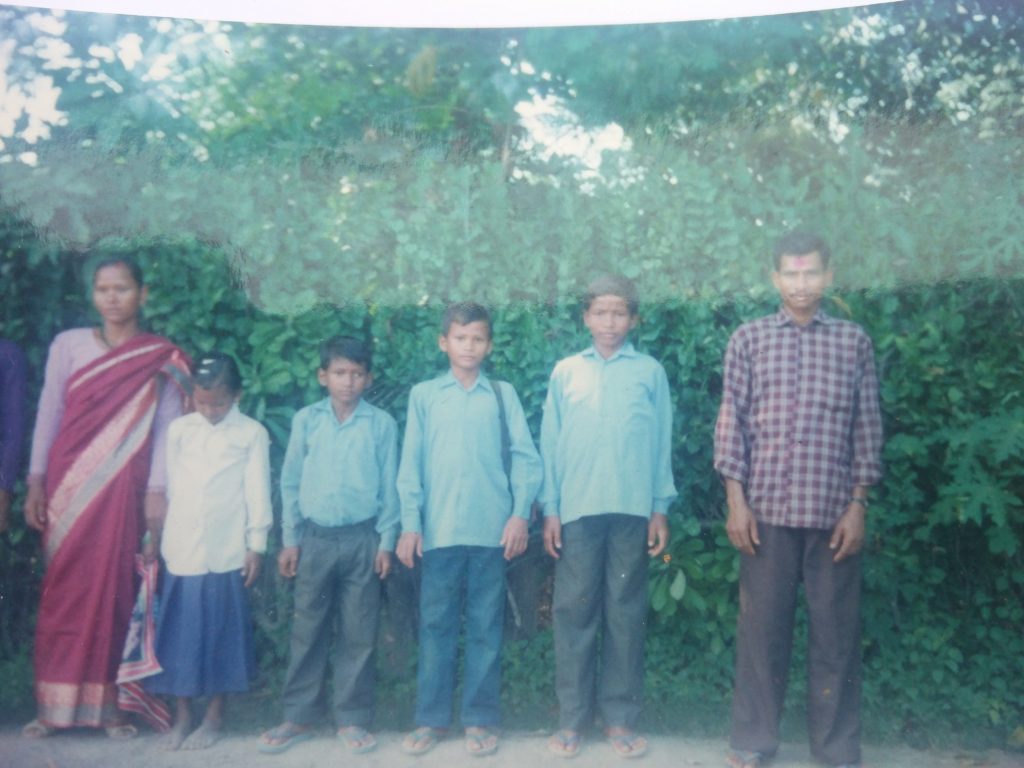Gambia: 2005 massacre of migrants under the scrutiny of the TRRC
The Gambia’s Truth, Reconciliation, and Reparations Commission (TRRC) will hold hearings at its current session which began on 22 February 2021 on the 2005 massacre of more than 50 West African migrants. It was the largest loss of life during the rule of former president Yahya Jammeh.
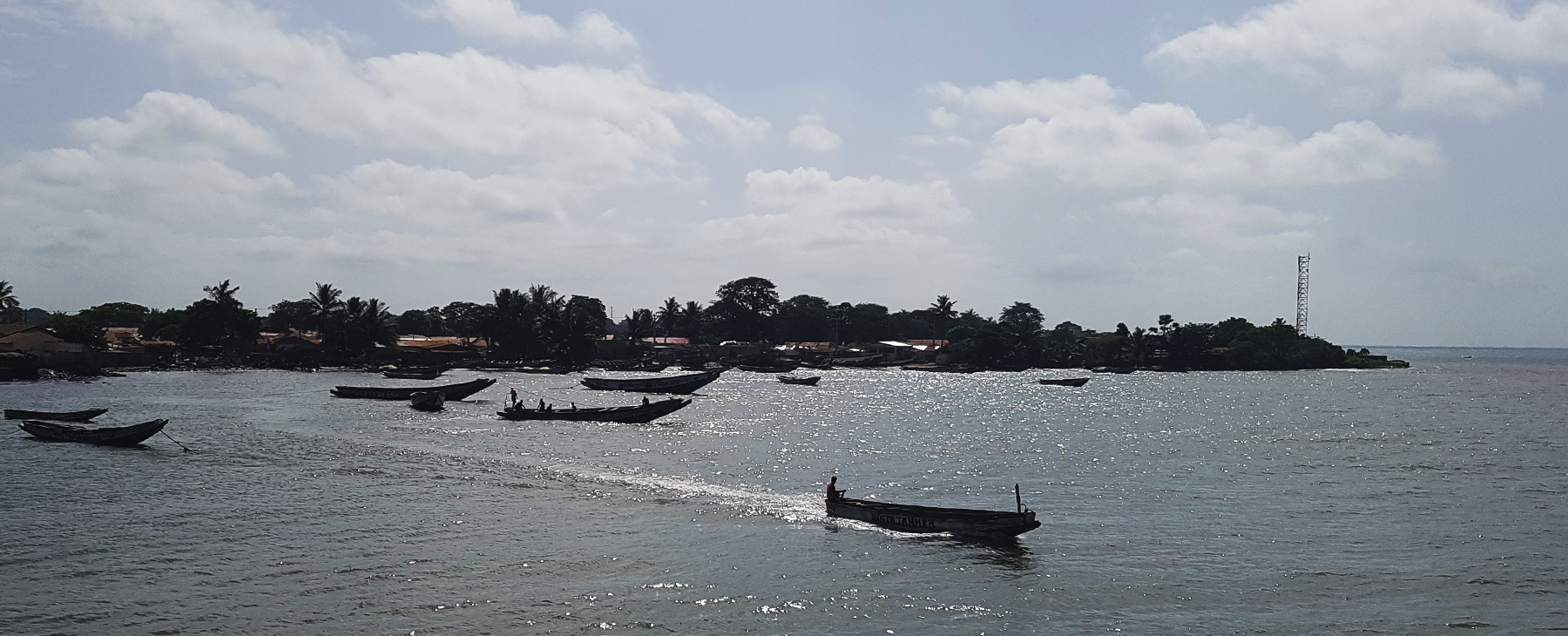
About 44 Ghanaians, 9 Nigerians, 2 Togolese, and nationals of Côte d’Ivoire, Gambia and Senegal are believed to have been killed over several days in July 2005. Among those scheduled to testify is Martin Kyere of Ghana, the sole known survivor.
Previous official attempts to investigate the massacre have been stymied or flawed. Ghana attempted to investigate the killings in 2005 and 2006, but was blocked by the then-Jammeh government. In 2008, the United Nations and the Economic Community of West African States (ECOWAS) formed a joint investigative team, which produced a report in April 2009 that was said to have concluded that the Gambian government was not “directly or indirectly complicit” in the deaths and enforced disappearances. It blamed “rogue” elements in Gambia’s security services “acting on their own” for the massacre. The UN/ECOWAS report has never been made public, however, despite repeated requests by the victims and by five UN human rights experts.
A 2018 report by TRIAL International and Human Rights Watch, based on interviews with 30 former Jammeh-era officials, found, however, that Jammeh’s closest associates in the army, the navy, and the police detained the migrants, and then the “Junglers,” a unit of Gambian soldiers operating under Jammeh’s orders, summarily executed them. TRIAL International and Human Rights Watch also found that the Gambian government destroyed key evidence before the UN/ECOWAS team arrived.
In July 2019, three former Junglers testified publicly before the truth commission that they and 12 other Junglers had carried out the killings on Jammeh’s orders. One of the officers, Omar Jallow, recalled that the operation’s leader told the men that “the order from … Jammeh is that they are all to be executed.”
The upcoming TRRC hearings are expected to shed further light on the massacre and the cover-up.
“I have been fighting for 15 years for truth and for justice for my companions who were killed,” said Kyere. He had escaped from a moving truck carrying other detained migrants who were killed shortly thereafter. Since then he has been organizing the families of the victims.
Kyere will be in Banjul for the hearings together with Wiliam Nyarko of the Africa Center for International Law and Accountability (ACILA) who coordinates the Jammeh2Justice Ghana campaign.
See a graphic illustrating the basic facts of the massacre
Watch the short video Gambia’s Ex-President Linked to 2005 Massacre
Watch the documentary film The Massacre of Ghanaians in The Gambia: Justice in Limbo?
Watch the documentary film I Cannot Bury My Father
This article was produced with the financial support of the European Union. Its contents are the sole responsibility of the authors and do not necessarily reflect the views of the European Union.



